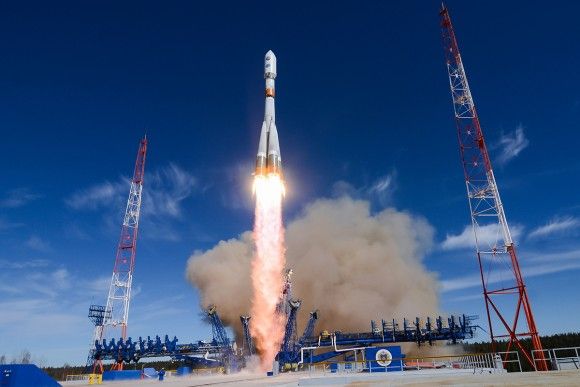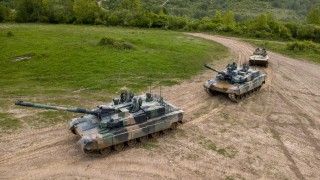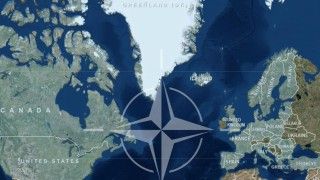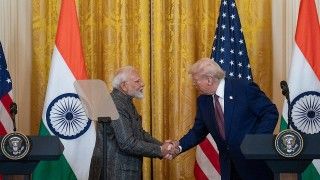- WIADOMOŚCI
Poland to Begin Short Range Air Defence System Procurement in 2016
Polish Ministry of Defence is to start the procedures aiming at acquiring Narew short range anti-aircraft/anti-missile defence syste m in 2016. The technical dialogue is to be opened in November this year.
During the meeting of a parliamentary sub-commission which deals with the issues of the Polish defence industry and technical modernization of the Polish Armed Forces, Col. Adam Duda, who is working with the Armament Inspectorate revealed, that a technical dialogue regarding procurement of short range anti aircraft systems, dubbed Narew, is to start in November this year. Related acquisition procedure is planned to be started in 2016.
Colonel Duda also stated that, until the end of next year, basic tactical and technical assumptions will be determined along with a feasibility study. The technical dialogue is to be completed, according to the plans, during the first quarter of 2015, and the talks will only involve the companies offering “complex solutions”, since the Polish MoD is interested in procuring a “complete system, not its individual components”. Issue of acquiring the Narew system has also been raised by the MoD secretary of state, Czesław Mroczek, who stated that the “proceedings will be executed in 2016, and the Narew system supplier is to be selected”.
The representative of the Armament Inspectorate has listed the missile systems, which have a chance of being considered: Kongsberg NASAMS, MBDA Mica VL, Israeli Spyder and Iron Dome systems and the German IRIS-T. He claimed though that “other solutions” may also be taken into account during the proceedings.
During the meeting of the sub-commission Marek Borejko, who is the leader of the air defence programme in the Polish Armament Group, stated that in accordance with the results of the study which has been carried out, the Polish armament industry is capable of developing 100% of technologies needed to realize the Narew programme, within the scope of communication, command and sensor systems. However, in order to supply a proper missile in short period of time, indicated in the requirements of MoD, cooperation with a foreign partner may be desired. Marek Borejko stated that the Polish industry is ready to play a significant part in realization of Wisła and Narew programmes.
Marek Borejko reminded that Kub, Osa or Neva SAM systems used in the Polish Army are mostly managed by Polish-made command and control systems, and use target information, which is transferred to them from Polish-made radar stations. In the eyes of the Polish Armament Group, Narew project is perfectly suited to, contrary to the Wisła programme, be realized by the Polish companies, which would cooperate with the foreign partners as well as research and development units.
Borejko has also pointed out the fact that if Polish industry creates the short range system, then the tax budget income will go up, also in case of any operation costs that may occur after the actual procurement. He claimed that in case of creating a proper solution within the scope of technology transfer, contrary to the Wisłą programme, the Polish industry may obtain additional capabilities during development works on the short range Narew system.
















